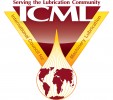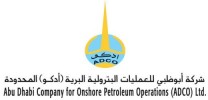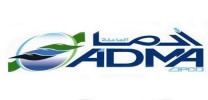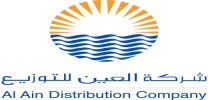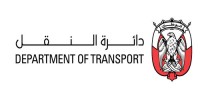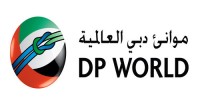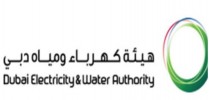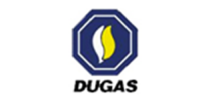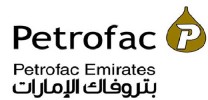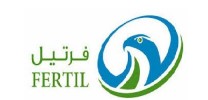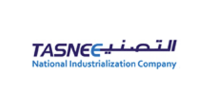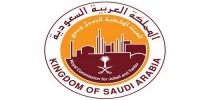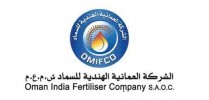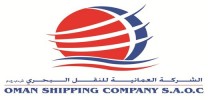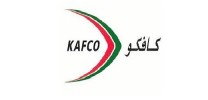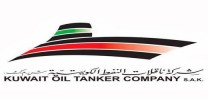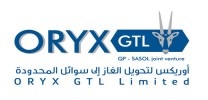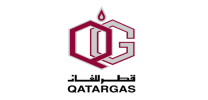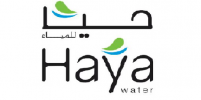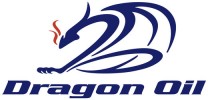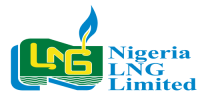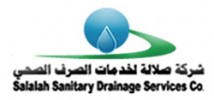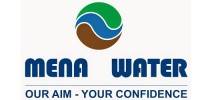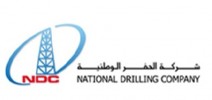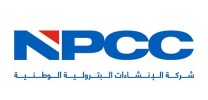
Control Components (Transducers & Sensors)
Course Introduction:
Input/output devices are the interface between the controller and the controlled system. Input devices convert physical quantities to electrical signals, while output devices allow the controller to act on the system. The electronic brains in control systems depend on a network of input/output devices. These devices tie the controller to the outside world by supplying it with physical data and allowing it to act on the controlled system. Smart sensors do more than just provide access.
They also share processing and decision-making tasks as well. Input devices include transducers, sensors, and switches. Sensors and transducers convert physical data such as speed, position, temperature, acceleration and pressure into electrical signals that are recognized by the controller. Switches allow operators to supply information that supplements or Overrides input data.
Course Objectives:
Upon successful completion of this course, the delegates will be able to:
- Understand the need of sensors and transducers
- Know the different types of sensors and transducers
- Learn the basic operation of sensors and transducers
- Recall the Definition of a transducer
- Gain knowledge of selecting a transducer
- Recognize Basic transducers used in industry
- Evoke different Applications of transducers
Who Should Attend?
This course is intended for all those who do not want detailed engineering analysis, and for those new in the following field:-
- Companies and contractors working on offshore projects
- All persons interested in or concerned with future energy supplies
- Shipbuilding yards involved in the vessel construction
- Marine bases personnel
- Oil and gas engineers
- Operational support team leaders and members
- Government and regulation officials
- Newly qualified engineers
- Energy and finance sector analysts
Course Outline:
Day 1:
Pre Test
Produced in conjunction with ISA, Instrumentation, System, and Automation Society
· Temperature, Pressure, Level Flow and Weight Sensors
· Current to Pneumatic (I/P) Transducers
· Electronic Transducers
· A/D and D/A Converters
· Fiber Optics
Mechatronic Engineering
· Mechatronic Systems
· Modeling and Design
· Mechatronic Design Concept
· Evolution of Mechatronics
· Application Areas
· Study of Mechatronics
Day 2:
Dynamic Models and Analogies
· Terminology Model Types
· Model Development
· Lumped Model of a Distributed System
· Kinetic Energy Equivalence
· Natural Frequency Equivalence Analogies
· State-Space Representation
· Model Linearization
· Linear Graphs
· Electrical Systems
· Fluid Systems
· Thermal Systems
· Bond Graphs
· Transfer-Function
· Models Frequency Domain
· Models Response Analysis and Simulation
Component Interconnection and Signal Conditioning
· Impedance Characteristics
· Amplifiers
· Analog Filters
· Modulators And Demodulators
· Analog-Digital Conversion
· Bridge Circuits
· Lineariziing Devices
· Miscellaneous Signal Modification Hardware
Day 3:
Performance Specification and Analysis
· Parameters For Performance Specification
· Linearity
· Instrument Ratings
· Bandwidth Design
· Aliasing Distortion
· Instrument Error Analysis
Analog Sensors and Transducers
· Motion Transducers
· Variable-Inductance
· Transducers Permanent-Magnet
· Transducers Variable-Capacitance
· Transducers Piezoelectric Sensors
· Effort Sensors
· Strain Gages
· Torque Sensors
· Tactile Sensing
· Gyroscopic Sensors
· Optical Sensors and Lasers
· Ultrasonic Sensors
· Thermo-Fluid Sensors
Day 4:
Digital Transducers
· Advantages of Digital
· Transducers Shaft Encoders
· Incremental Optical Encoders
· Absolute Optical
· Encoders Encoder Error
· Miscellaneous
· Digital Transducers
Stepper Motors
· Principle of Operation
· Stepper Motor Classification
· Driver and Controller
· Torque Motion Characteristics
· Damping of Stepper Motors
· Stepping Motor Models
· Control of Stepper Motors
· Stepper Motor Selection And Applications
Day 5:
Continuous-Drive Actuators
· Dc Motors
· Dc Motor Equations
· Control Of Dc Motors
· Motor Driver
· Dc Motor Selection
· Induction Motors
· Induction Motor Control
· Synchronous Motors
· Linear Actuators
· Hydraulic Actuators
· Hydraulic Control Systems
Control Systems
· Control Engineering
· Control System Performance
· Control Schemes
· Stability
· Root Locus Method
· Frequency Domain Analysis
· Controller Design and Tuning
· Compensator Design
· Controller Tuning
· Digital Control
· Controllability And Observability
· Modal Control
· Optimal Control
· Other Modern Control Techniques
· Intelligent Control
Post Test
Course Methodology:
A variety of methodologies will be used during the course that includes:
· (30%) Based on Case Studies
· (30%) Techniques
· (30%) Role Play
· (10%) Concepts
· Pre-test and Post-test
· Variety of Learning Methods
· Lectures
· Case Studies and Self Questionaires
· Group Work
· Discussion
· Presentation
Course Fees:
This rate includes participant’s manual, Hand-Outs, buffet lunch, coffee/tea on arrival, morning & afternoon of each day.
Course Timings:
Daily Course Timings:
08:00 - 08:20 Morning Coffee / Tea
08:20 - 10:00 First Session
10:00 - 10:20 Coffee / Tea / Snacks
10:20 - 12:20 Second Session
12:20 - 13:30 Lunch Break & Prayer Break
13:30 - 15:00 Last Session





.jpg)





